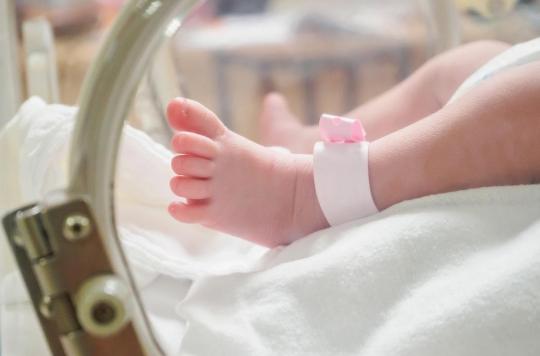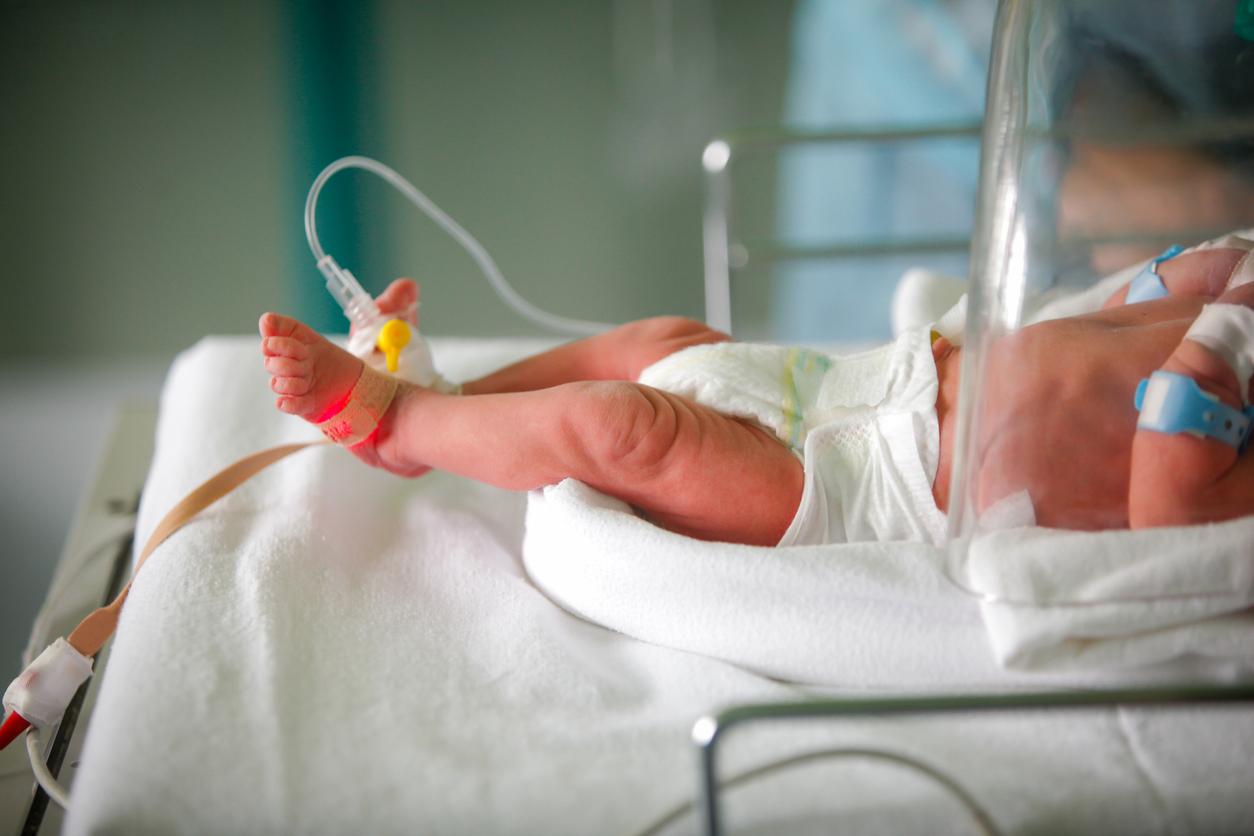At the age of 5.5 years, 35% of children born extremely premature, almost 45% of very premature babies and 55% of those born moderately premature will have a developmental trajectory close to normal.

- In France, prematurity is the first cause of neonatal mortality and is responsible for half of the handicaps of perinatal origin.
- It affects approximately 55,000 births each year.
- Among these thousands of children, 8 to 10,000 are born at the end of 22 to 31 weeks of pregnancy and are described as extreme or extremely premature.
Inserm researchers followed children born prematurely for 5 and a half years. Study report*: at this age, 35% of children born extremely premature*, nearly 45% of very premature babies and 55% of those born moderately premature will have a developmental trajectory close to normal.
Children born prematurely can nevertheless encounter difficulties, ranging from severe but rare handicaps to more subtle disorders, however, requiring the mobilization of significant medical, paramedical and family resources. At five and a half years, more than a third of children born prematurely thus presented so-called minor difficulties in the motor, sensory, cognitive or behavioral domains. “The frequency of these difficulties requires close monitoring of these children in structured networks to identify them early and implement interventions at a time when brain plasticity is at its maximum”, say scientists.
3083 children born prematurely in France
To reach these conclusions, the EPIPAGE-2 survey looked at the future of 3,083 children born prematurely in France, their integration into school, their use of care, and the concerns felt by their parents. It is published in the journal The British Medical Journal.
“The age of 5 and a half corresponds to a key moment in the development of the child, in particular allowing the diagnosis of learning difficulties and the study of cognitive skills which before this age are much more difficult”, explains Pierre-Yves Ancel, from the public health and social medicine department of the Cochin AP-HP hospital (CIC mother-child unit), head of the EPOPé team.
The study also reveals that the greater the prematurity, the more the children present with neurodevelopmental difficulties. While 27% of children born extremely premature had severe or moderate developmental difficulties, 19% of children born extremely premature presented with the same type of difficulties, compared to 12% of moderately premature children. Same with education. While 93% of moderately premature children were educated in ordinary classes (without specific support), this proportion only concerned 73% of children born extremely premature.
Speech therapy, psychomotricity, psychological support
It should also be noted that more than half of the children born extremely premature, a third of the children born very premature and a quarter of the children born moderately premature benefited from support for development (speech therapy, psychomotricity or even psychological support , etc). However, 20 to 40% of children with severe difficulties did not receive support.
“The survey underlines the importance of the environment in which the child evolves and reinforces the need to offer families coordinated support, at the same time medical, educational and social”, add the researchers. “Parents’ concerns are real, even when the child’s development is considered normal. They therefore deserve to be better understood and will continue to be monitored”, they believe.
Development at a given age is not set in stone
For families, it is important to emphasize that development at a given age is not set in stone, that the child’s brain is still evolving, and that the difficulties observed can be taken care of and supported, subject to that they have been well identified and the care paths optimized. The study cohort continues to be monitored, with further data collection scheduled for the children’s 10th birthday.
*carried out by researchers from the Inserm-University of Paris EPOPé team – “Research Team in Obstetrical, Perinatal and Pediatric Epidemiology”, from the Epidemiology and Statistics Research Center (CRESS, Unit 1153) and involving teams from AP -HP.
*Born between 24 and 26 completed weeks of amenorrhea, children are considered extremely premature. Born between 27 and 31 weeks, children are considered very premature. Born between 32 and 34 completed weeks of amenorrhea) children are considered moderately premature.
.
















